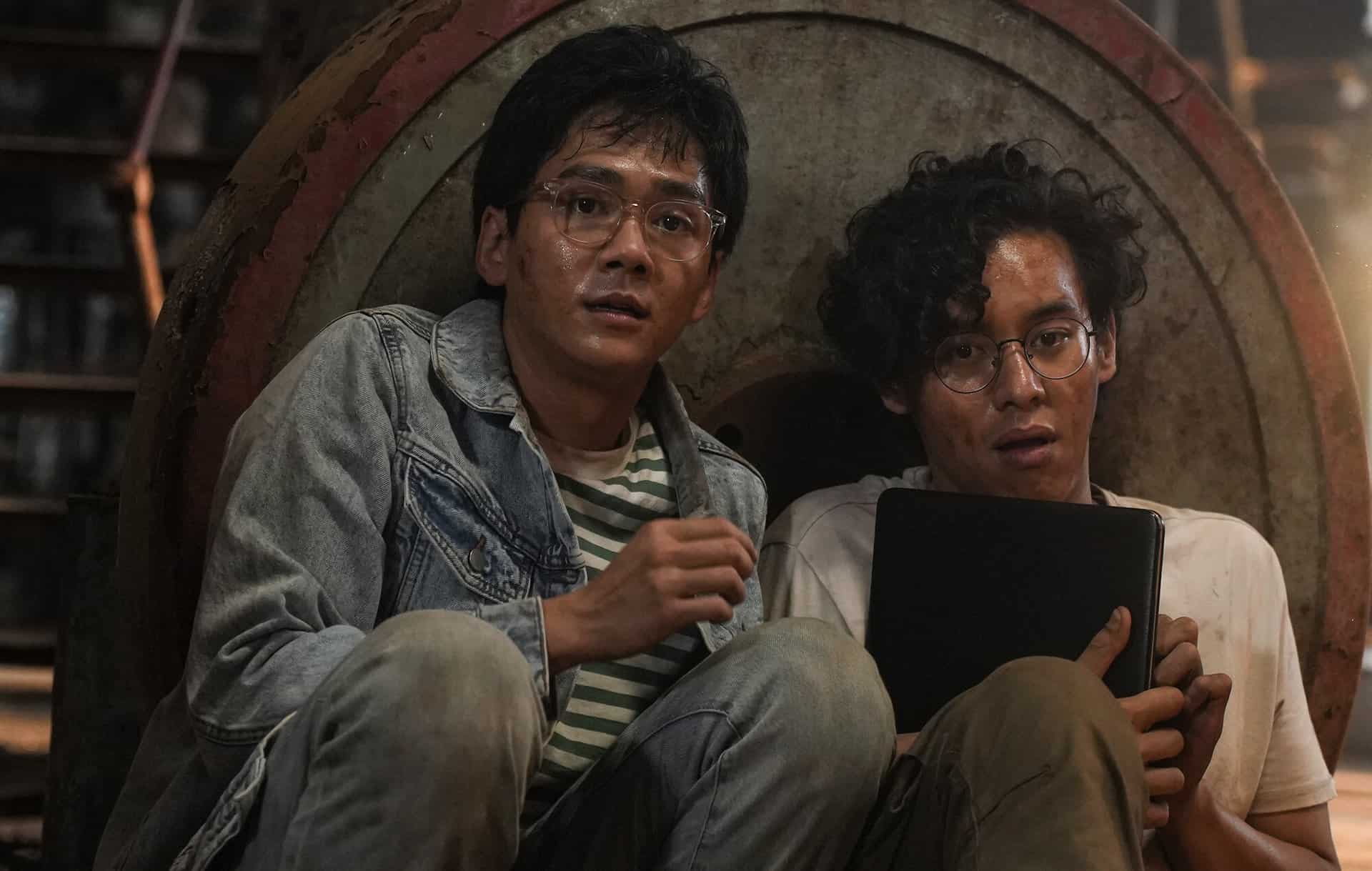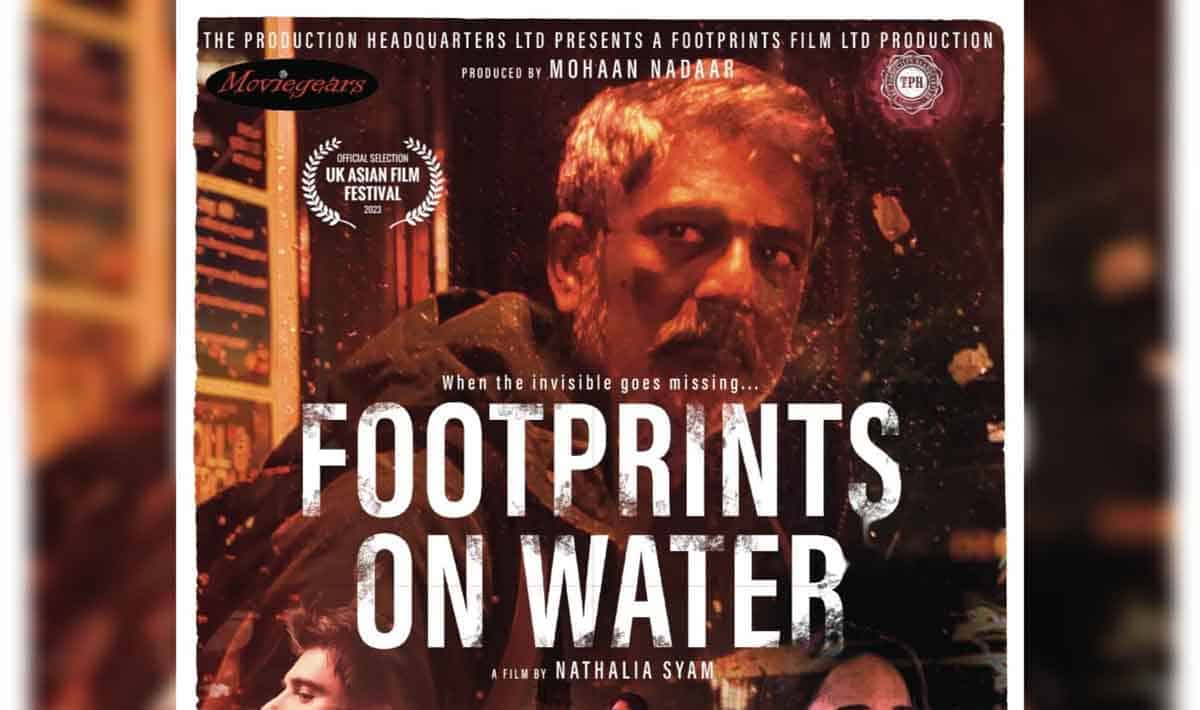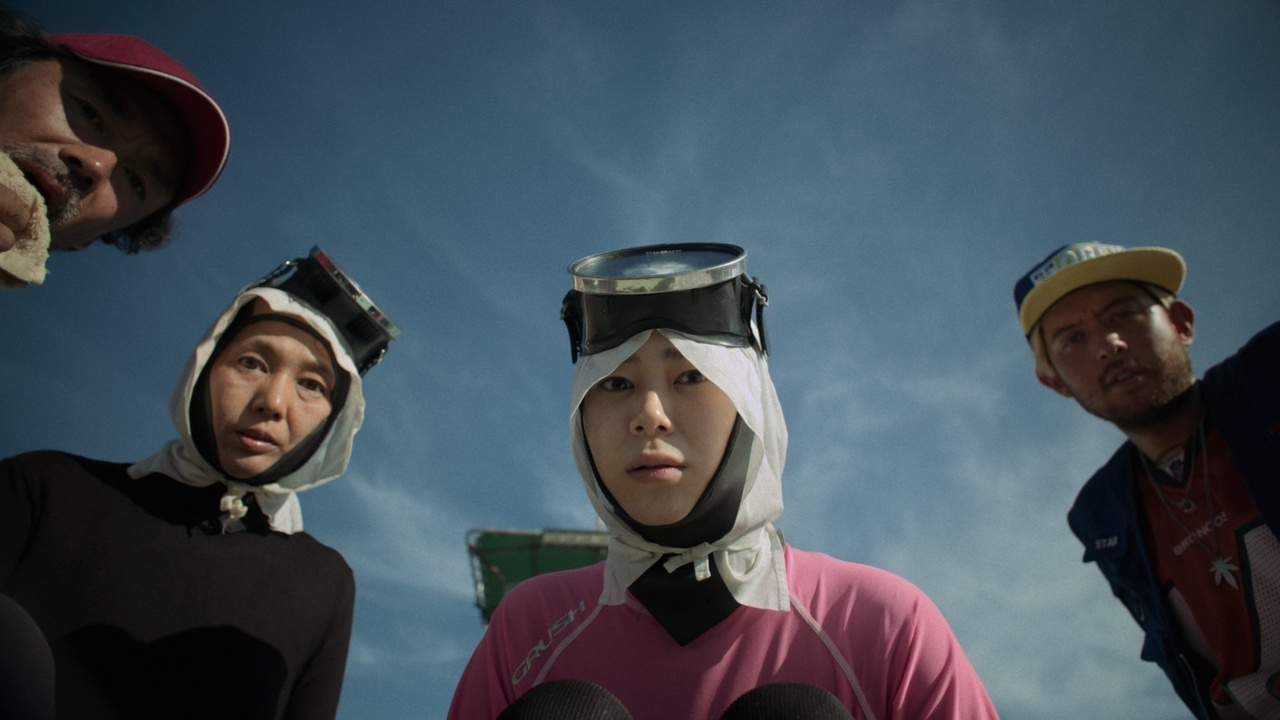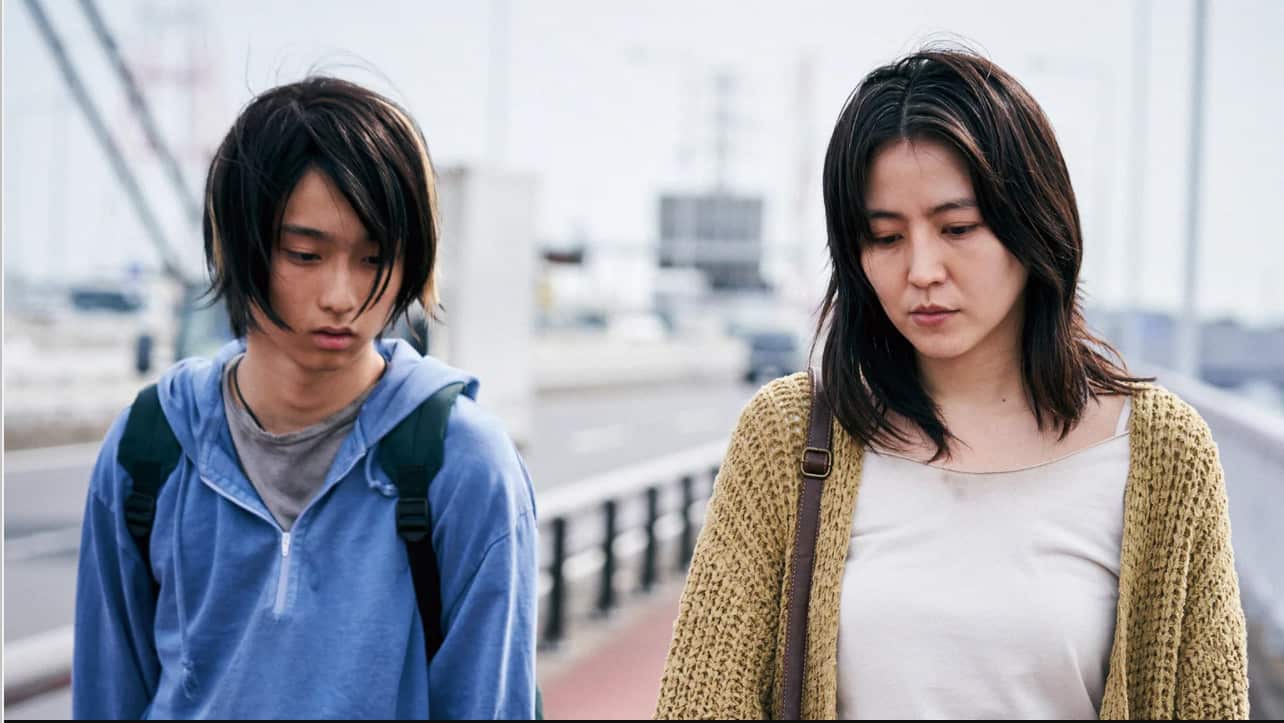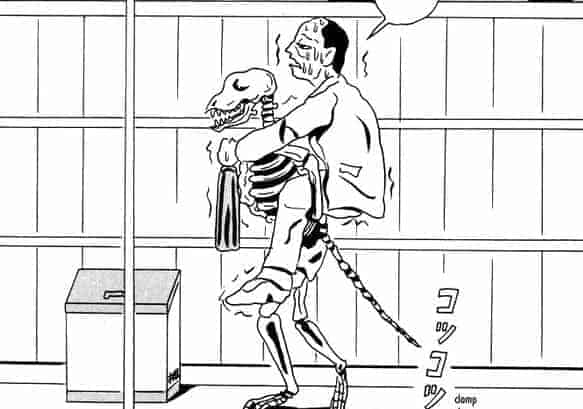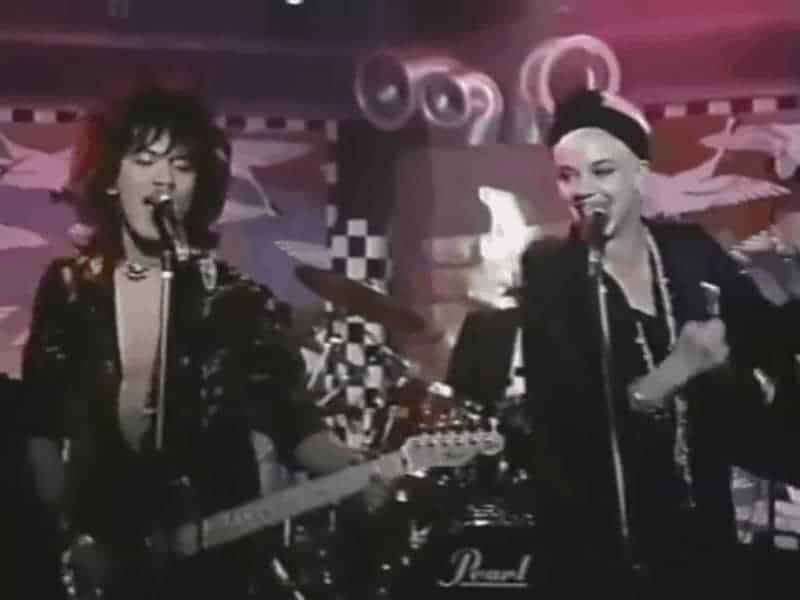In the last years, during the pandemic, we have all had our fair share of experiences when it comes to being restricted and limited in our lives. While all the measures certainly have their legitimacy, albeit some have seemed quite extreme in their definition, there is no denying being confined in one's home for a while reminds you of how you take things or events for granted, from going to a restaurant, going to the cinema or just the idea of hugging your friends when you meet them again after a long time. Like everyone else, director Yurugu Matsumoto has been through similar experiences and has decided to explore them further in his science-fiction short “Palette”, which receives it world premiere at this year's Japan Filmfest Hamburg.
Palette is screening at Japan Filmfest Hamburg

During the pandemic, the coronavirus has mutated and has become more infectious and deadlier, making it necessary for the Japanese government to take more precautions, resulting in people having to wear gas masks even in their own homes and citizens being essentially observed 24/7, and being subject to fines and other punishments for any violation of the rules. In order to establish a safe space from the virus and possibly even coming up with a cure, a scientist has set up his laboratory at an abandoned university campus, along with some of his colleagues and friends. While they have managed to create a sense of security from the virus, allowing themselves to wear no masks inside, their provisions come to an end, bringing a sense of desperation and sadness to the group.
Although the version of the pandemic Matsumoto shows in his feature is quite bleak and quite dystopian given how the mutations of the virus have shaped the political landscape, “Palette” aims to highlight the human layers of the lockdown and fighting an enemy that is essentially invisible. The group of characters, scientists and normal citizens mirrors society, a sum of its fears and anxieties, but also the longing for a sense of connection, something the virus and the measures of the government took away from them. Additionally, the sense of their community approaching its end, becomes a catalyst for these emotions, resulting in a variety of encounters and events emphasizing their mental state and the deterioration of the group.
At the same time, the use of black-and-white photography adds to the feeling of impending doom, with the setting establishing a claustrophobic, tense atmosphere in many scenes. However, this approach also stresses the need for a deep connection, evident in the actor's performances, showing characters whose physical hunger is only overshadowed by their need to shake someone's hand or hug someone.
In conclusion, “Palette” is an interesting short feature, exploring the human dimension of the lockdown and the still ongoing pandemic. Yurugu Matsumoto blends scenes and visuals of bleakness and desperation, with moment of community and hope in an overall quite solid directorial effort.



